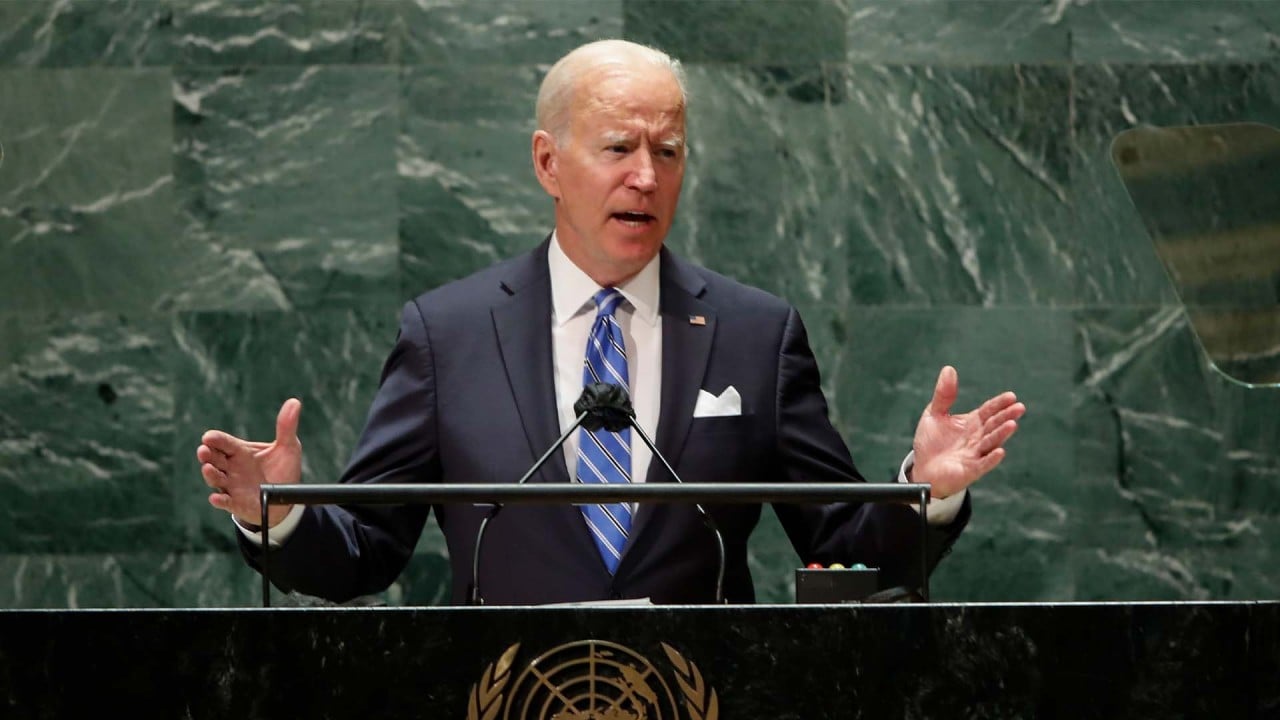Advertisement
Opinion | US-China rivalry and the danger of using history to justify moral right
- Both have been known to use history such as the Cold War and the Eight-Nation Alliance to bolster their positions and criticise the other side
- The risk is that the US could end up feeding China’s narrative of Western imperialism, bolstering Communist Party legitimacy and narrowing the scope for de-escalation
Reading Time:3 minutes
Why you can trust SCMP
15

Whether the increased efforts by the United States and its allies to contain the China threat in the Indo-Pacific region – most recently with the Aukus security alliance – makes strategic sense has been heavily debated.
Advertisement
However, an overlooked aspect of the growing US-China tension in the Indo-Pacific is how history is being used to justify and critique policies.
The US Defence Department’s 2019 Indo-Pacific Strategy Report describes China as a revisionist power that “seeks to reorder the region to its advantage by leveraging military modernisation, influence operations, and predatory economics to coerce other nations”.
The report in part justifies US involvement in the Indo-Pacific through the selective use of history; placing America as the key actor in creating peace and stability in the region in the 20th century.
It identifies America as a Pacific nation and delineates its strong ties and contributions in diplomacy and trade, and how its expansion and involvement during the Cold War era enabled the region’s decades of peace and prosperity.
China also uses history to critique US policies. For instance, on the day of the Aukus announcement, China’s foreign ministry spokesman Zhao Lijian derided the military alliance as the product of an “outdated Cold War zero-sum mentality and narrow-minded geopolitical perception”.

Advertisement


